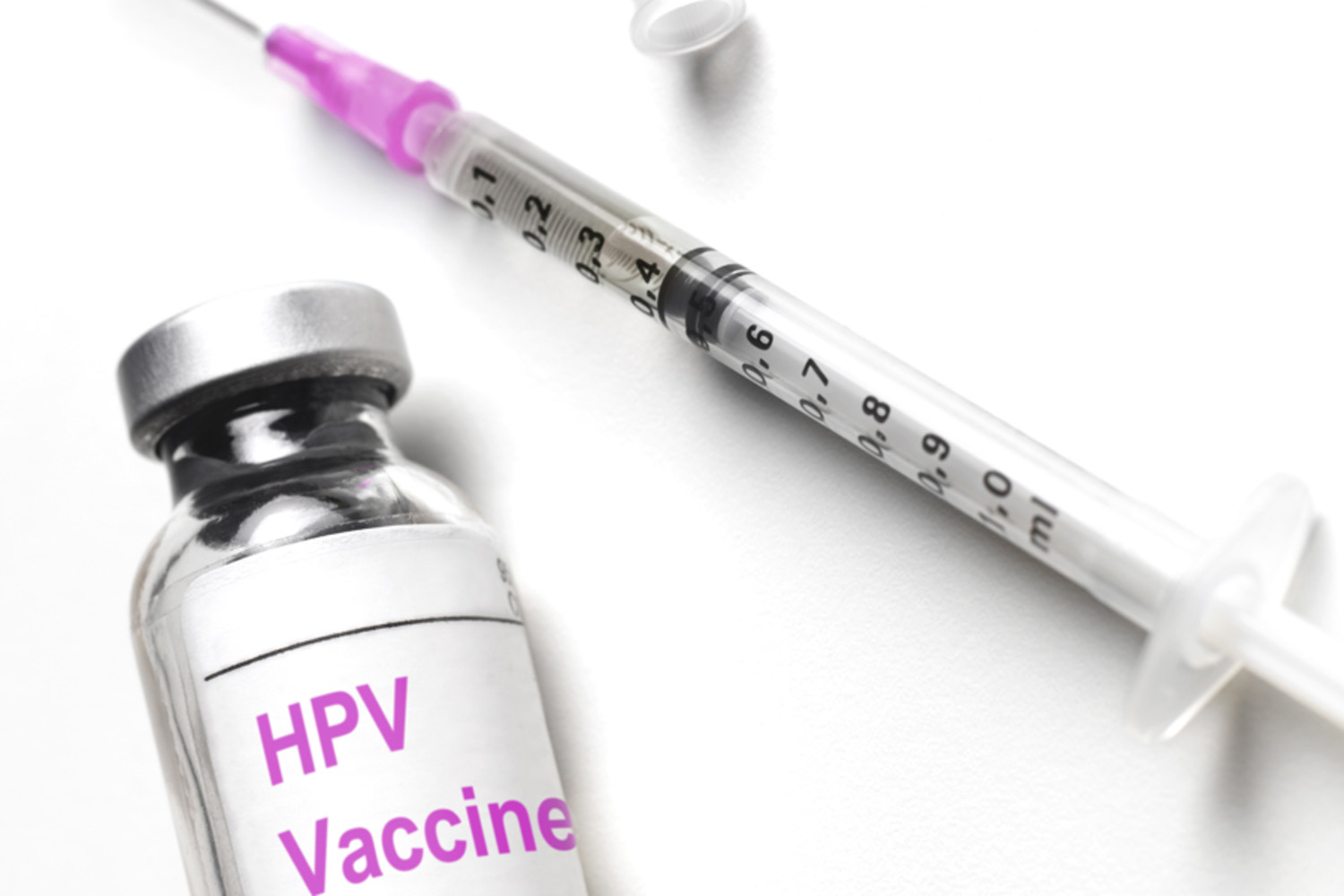Latest News
Research & Innovation
Massey joins nations other NCI cancer centers in endorsing updated HPV vaccine recommendations
Jan 23, 2017

“VCU Massey Cancer Center endorses the use of the HPV vaccine and encourages parents and their pre-teens, both boys and girls, to talk with their health care providers about getting the vaccine,” says Bernard Fuemmeler, Ph.D., M.P.H., associate director for cancer prevention and control at VCU Massey Cancer Center. “As parents, we hope to start our kids off right. Protecting your pre-teen by following the CDC recommendations and getting the vaccine is one way to lower your child’s risk for several types of cancer as they grow into adulthood.” The HPV vaccine protects against many forms of cancer affecting both men and women.
According to the CDC, incidence rates of HPV-associated cancers have continued to rise, with approximately 39,000 new HPV-associated cancers now diagnosed each year in the United States. HPV vaccines can prevent the majority of cervical, anal, oropharyngeal (middle throat) and other genital cancers, but vaccination rates remain low across the U.S., with just 41.9 percent of girls and 28.1 percent of boys completing the recommended vaccine series.
The new guidelines from the CDC recommend that children aged 11 to 12 should receive two doses of the HPV vaccine at least six months apart. Adolescents and young adults older than 15 should continue to complete the three-dose series.
“HPV is very common, infecting most people at some point in their lives through intimate skin-to-skin contact. And HPV infection can lead to several types of cancers later in life,” says HPV expert Iain Morgan, Ph.D., who is a member of Massey’s Cancer Molecular Genetics research program as well as the director of the VCU Philips Institute for Oral Health Research and a professor and chair of oral and craniofacial molecular biology at VCU. “The HPV vaccine is extremely effective at protecting against the HPV strains that cause various forms of cancer. But to work best, the vaccine must be given before exposure to the virus, and that’s why the recommendation is to start the vaccine during the pre-teen and adolescent years.”
Research shows there are a number of barriers to overcome to improve vaccination rates, including a lack of strong recommendations from physicians and parents not understanding that this vaccine protects against several types of cancer.
In an effort to overcome these barriers, NCI-designated cancer centers have organized a continuing series of national summits to share new research, discuss best practices and identify collective action toward improving vaccination rates.
The original joint statement, published in January 2016, was the major recommendation from a summit hosted at The University of Texas MD Anderson Cancer in November 2015, which brought together experts from the NCI, CDC, American Cancer Society and more than half of the NCI-designated cancer centers.
The updated statement is the result of discussions from the most recent summit, hosted this summer by OSUCCC – James. Nearly 150 experts from across the country gathered in Columbus to present research updates and plan future collaborative actions across NCI-designated cancer centers.
Written by: Jenny Owen
Related News
Research & Innovation
Robert A. Winn Excellence in Clinical Trials Program Annual Convening highlights long-term, dynamic public-private partnershipNov 24, 2025
Research & Innovation
Commonwealth of Virginia Cancer Research Conference unites cancer researchers, students, and trainees from across the stateNov 21, 2025
Research & Innovation
Targeted drug could benefit pediatric and young adult patients with invasive soft tissue cancerNov 18, 2025

Get access to new, innovative care
Treatments in clinical trials may be more effective or have fewer side effects than the treatments that are currently available. With more than 200 studies for multiple types of cancers and cancer prevention, Massey supports a wide array of clinical trials.

Find a provider
Massey supports hundreds of top cancer specialists serving the needs of our patients. Massey’s medical team provides a wealth of expertise in cancer diagnosis, treatment, prevention and symptom management.
